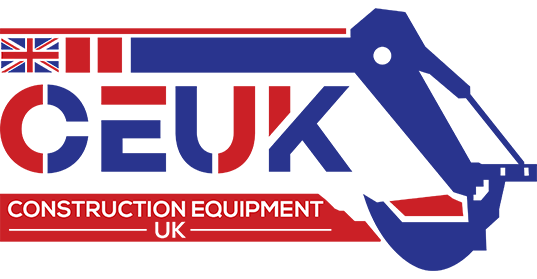6 Different Types of Excavators and What They Are Used For
When it comes to excavators, there are many different types that are available on the market. Each type of excavator is designed for a specific purpose and can be used in a variety of different ways. This means that, depending on your needs, the excavator you choose for the job can differ from one project to another.

Today, let’s take a look at the different types of excavators and what they are used for:
1. Standard Excavators
Standard excavators are the most common type of excavator. They are typically used for a variety of tasks, including digging, trenching, and demolition. They can also be fitted with different accessories to do different tasks, but the same can be said with other excavators. Either way, standard excavators are your go-to excavators for the typical project, where you need a strong machine to dig, carry material, and so on.
2. Compact Excavators
Compact excavators are smaller than standard excavators and are typically used in tight spaces or for lighter tasks. This is perfect if your project has some space to manoeuvre around but is not big enough for larger excavators. They can still achieve a lot without the drawbacks of a mini excavator.
3. Crawler Excavators
Crawler excavators are designed for use on rough terrain. They have tracks instead of wheels, which gives them better traction and stability. This is perfect for projects that require the excavator to be situated on softer surfaces, as the nature of the tracks allows the weight to be spread evenly on the surface. Also, the tracks offer a lot of traction even with softer surfaces, allowing for maximum manoeuvrability.
4. Long-Reach Excavators
Long-reach excavators have an extended boom that allows them to reach further and dig deeper than other types of excavators. This is great for projects and also offers lots of open space where the excavator can sit in one spot and reach where it needs to reach.
5. Wheeled Excavators
Wheeled excavators are similar to standard excavators, but they have wheels instead of tracks. This makes them better suited for use on paved surfaces. The wheels themselves make them much more mobile and easy to use on paved surfaces, but the main drawback is that on soil and other softer surfaces, tracks will fair much better.
6. Mini Excavators
Mini excavators are the smallest type of excavator. They are typically used for light tasks. They’re also incredibly useful for projects that put the excavator in tight spots, as the nature of mini excavators allows them to move around with ease.
Conclusion
Apart from the excavators we’ve mentioned so far, there are just so many more that you can find, such as backhoe excavators, dragline excavators, and the like. Each of these powerful machines has its own capabilities and is built for specific scenarios. Regardless, it is important to understand what your project’s special needs are. That way, you can pick the perfect excavator for the job, maximising productivity and saving plenty of money and time in the process.
Construction Equipment UK specialises in supplying North and South America, along with the European Continent, with leading construction equipment from top manufacturers. If you are looking for used excavators to buy, check out what we offer!

